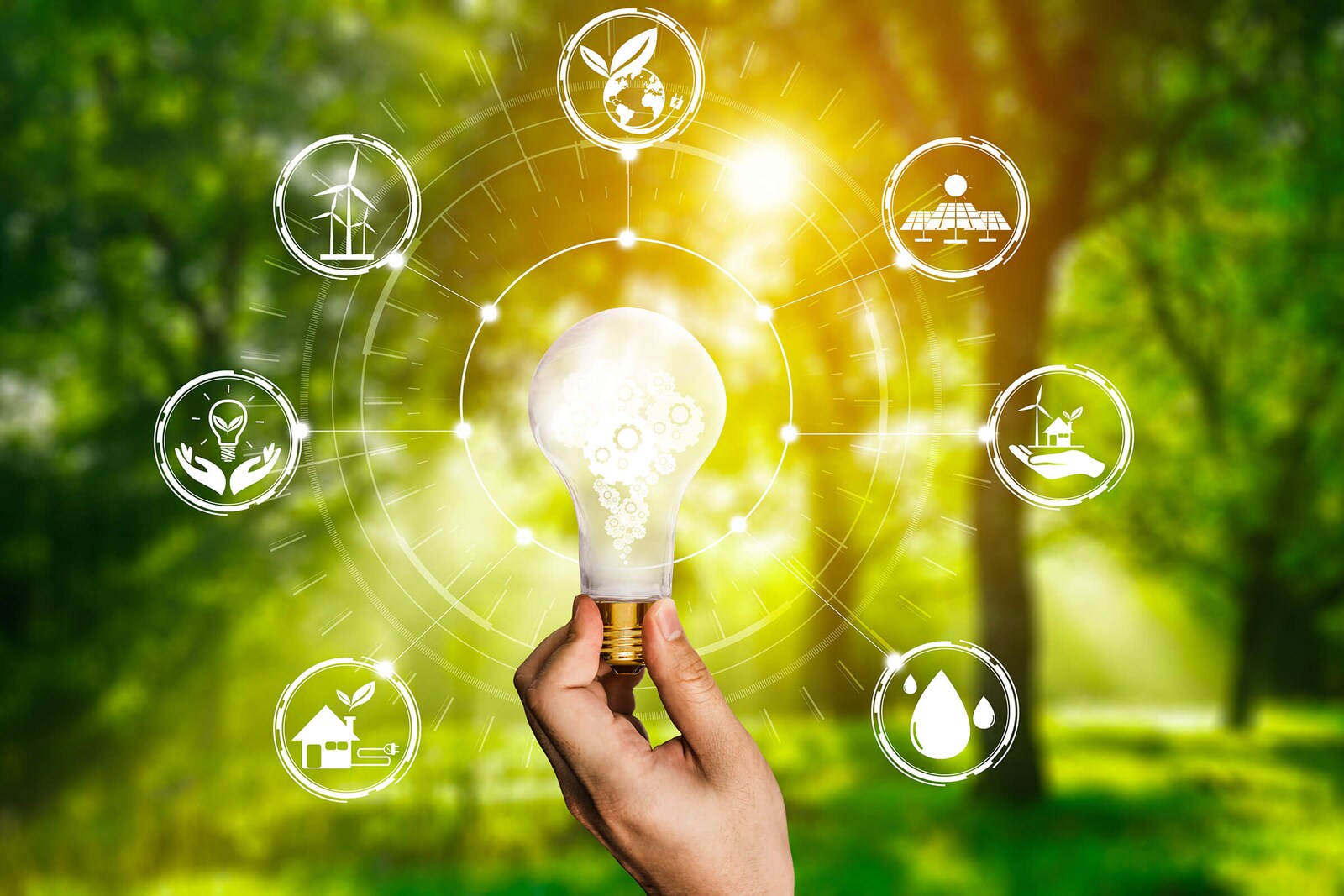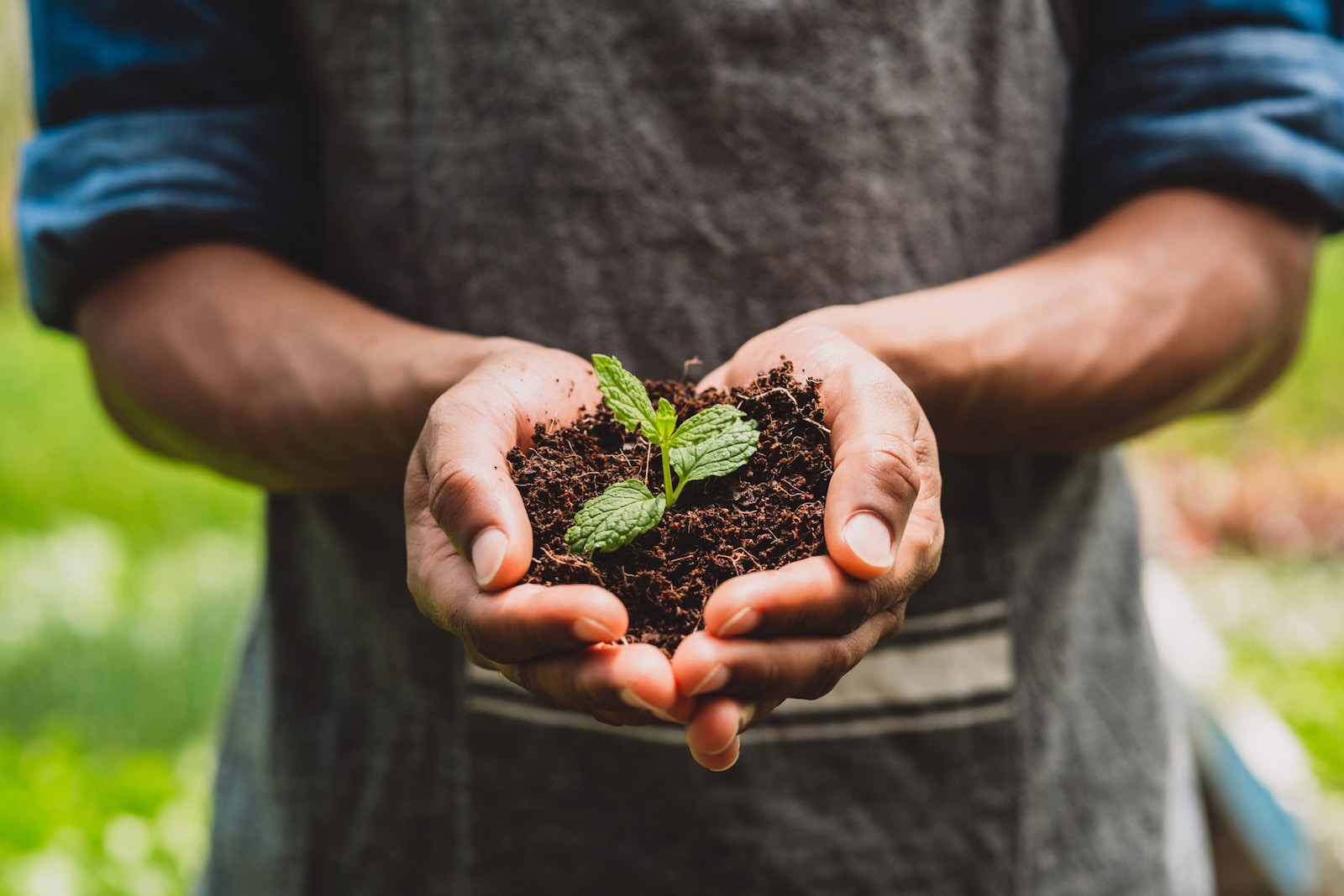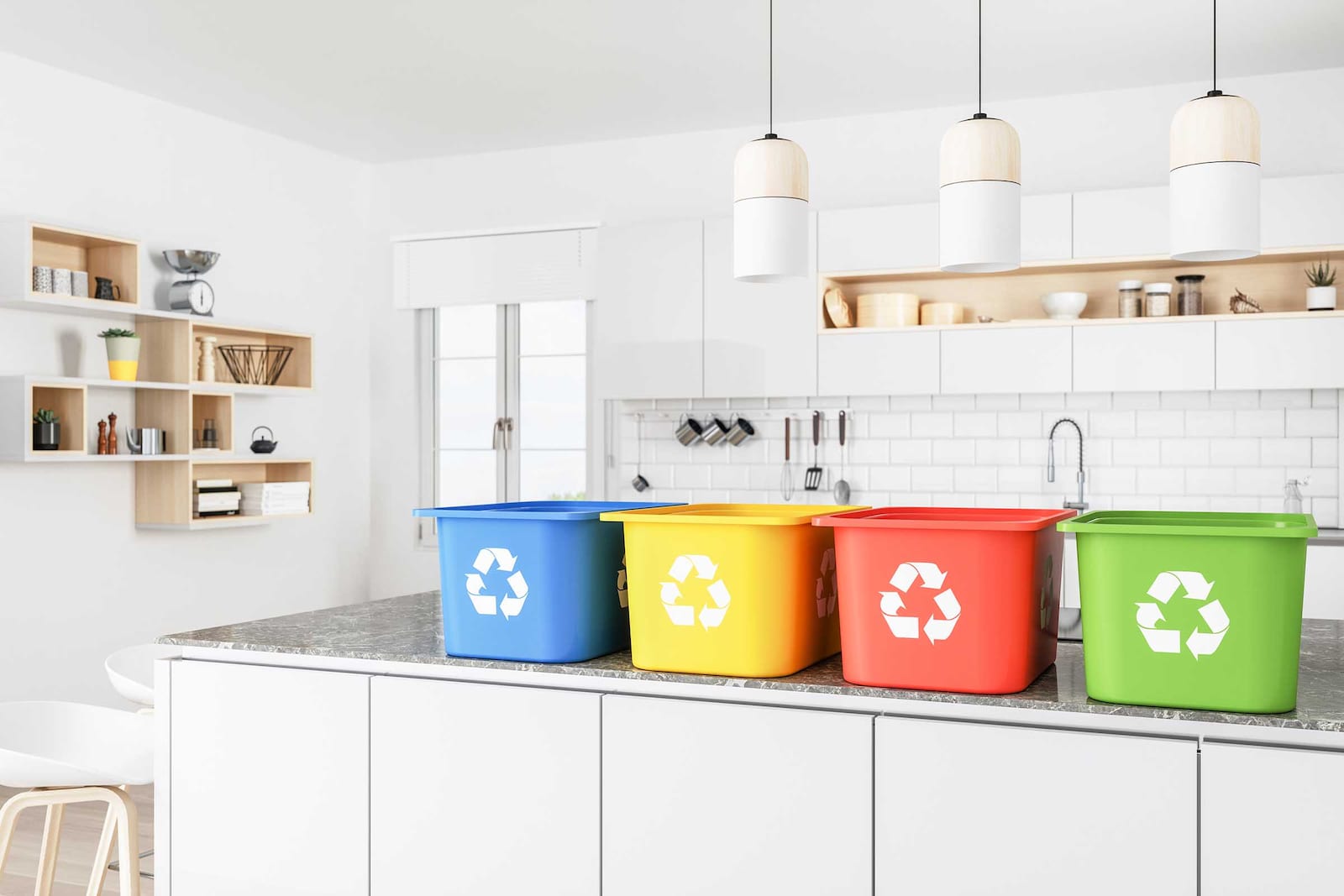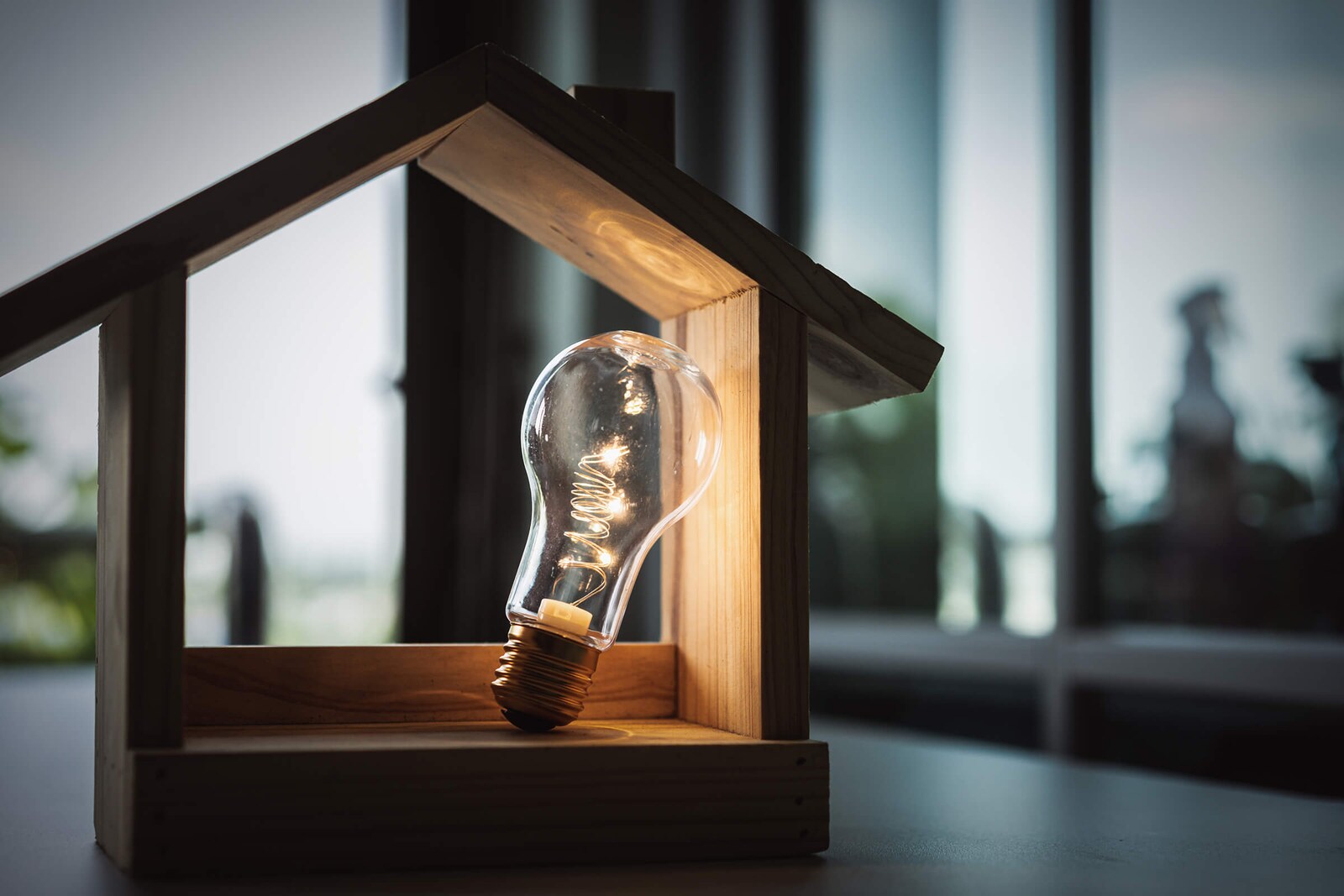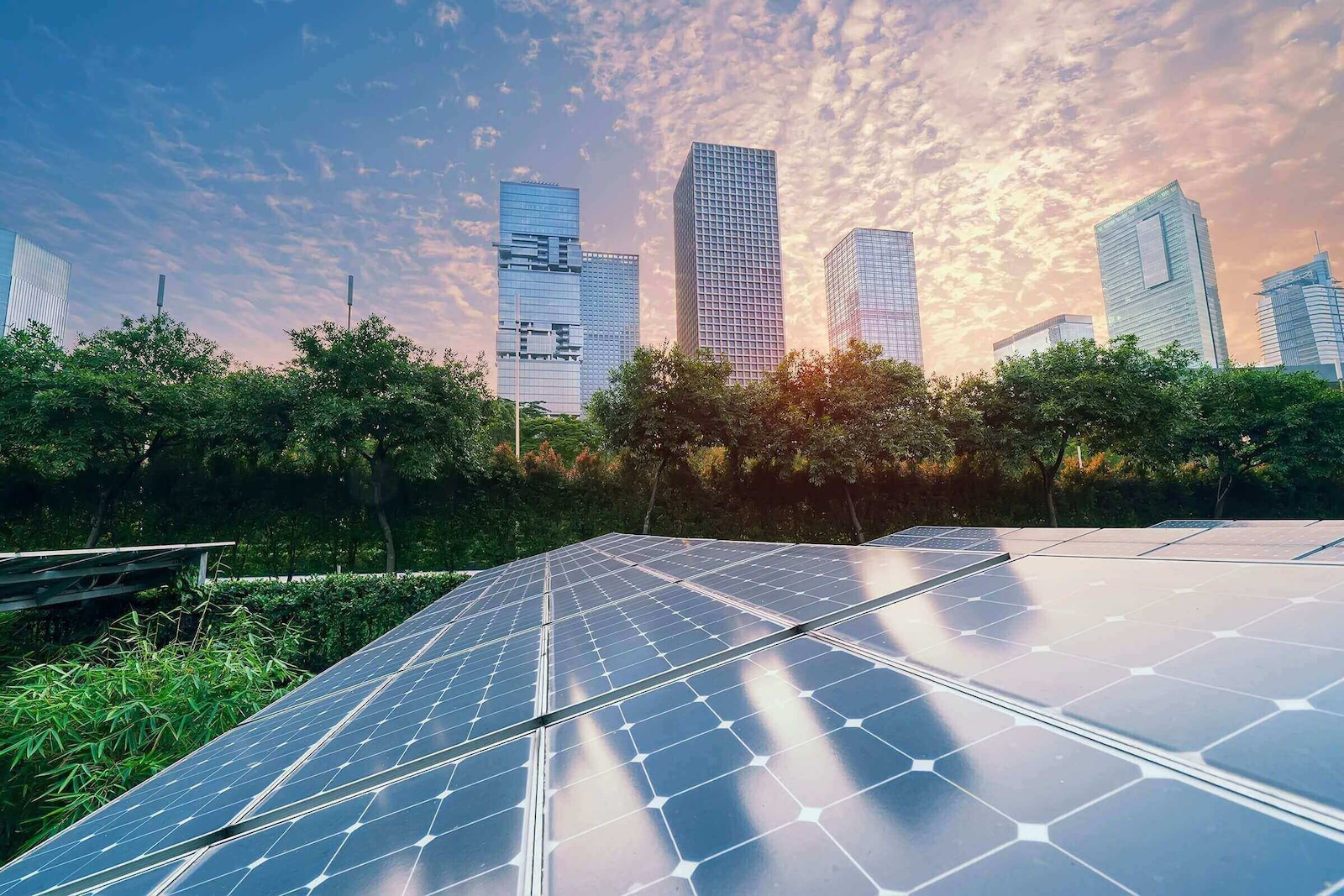Changing small day-to-day habits can make a big difference at the end of the year, for your wallet and for the planet, so it's important to start now.
Consuming only the amount of energy you need at any given time, and doing it as efficiently as possible, is good for the planet and your wallet. At home, saving energy can sometimes seem difficult, but it becomes easier when adopting sustainable consumption habits, which help to preserve the environment and lower electricity bills.
To achieve these energy savings in your home, more energy efficient appliances become essential tools. Nowadays, having a refrigerator or an electric oven that optimizes the use of the energy it consumes helps to significantly reduce tons of greenhouse gases that are constantly emitted into the atmosphere and that are the cause of dangerous phenomena for society, such as global warming.
Want to know what your Carbon Footprint is?
Saving energy at home: reduce your refrigerator's electricity consumption
Along with heating, appliances are the most significant energy expense in a home.There are so many, and they consume so much, that they form a long list in which the following stand out: washing machine, iron, vacuum cleaner, microwave, dishwasher, television, computer, stove, hairdryer, among others.
However, among all these appliances, there is one king of energy consumption: the refrigerator. Refrigerators are the appliances that most need electricity, as they work 24 hours a day and require large doses of energy to keep food cold. That's why it's so important when buying a new fridge to pay attention to its energy rating.
Refrigerators with a high energy efficiency rating may cost a little more at the time of purchase. However, this is not a major expense, but an investment, due to the energy savings these refrigerators offer. So, whenever you can, make sure the fridge you take home has an "A" or "B" label, which will ensure a smaller impact on your electricity bill.
What temperature should your refrigerator be set to to reduce high electricity consumption?
There are certain sustainable consumption habits that affect the way you use your refrigerator and, if you employ them, you will reduce your energy supply needs:
- Do not set the fridge temperature below 5°C. This temperature is sufficient to keep food in good condition. Lowering the fridge temperature below 5°C will only contribute to extra energy consumption that will prevent you from saving energy and, for no apparent reason, will increase your electricity bill at the end of the month. For the freezer, a temperature of -18°C is recommended.
- Your fridge door is one of the main elements to consider when it comes to controlling energy consumption. It is particularly important to avoid habits such as leaving the fridge door open for a long time. You should also check that the rubber around the edges of the door remains in perfect condition and makes it possible to seal the refrigerator; you can check if a piece of paper (a napkin, for example) gets caught between the rubber strip and the metal of the fridge when you close the door or if, on the other hand, there is no vacuum effect and the paper in the door falls to the floor. Remember that if air enters or leaves the refrigerator, extra energy will be needed to reach a temperature of 5°C, thus not saving any energy.
- Inside your kitchen, the space in which you place the fridge influences your energy consumption. If the refrigerator is in the sun or near heat sources such as the oven, the outside temperature of the fridge will rise, and it will have to consume a lot of energy to prevent these extra degrees from affecting the food inside.
- Don't forget to clean your fridge well once or twice a year. In particular, pay attention to the back of the appliance, where the accumulation of dust and dirt can overheat the refrigerator and impair its correct functioning. As far as the interior is concerned, it is important to frequently remove the layers of ice that form over time, using soap and water (to prevent the appearance of fungi).
- Regarding ice, when you buy your fridge, check that it is equipped with "no frost" technology, which does not allow ice to build up inside the freezer. Contrary to what you might think, this ice is not advisable, because it does not cool down the interior of the appliance, but acts as an insulating element, which makes it difficult to save energy on the appliance. In addition, it is advisable for the refrigerator to have "inverter" technology, capable of modifying the electrical energy of your appliance according to the needs of each moment.
- A great habit of sustainable consumption is defrosting food in the fridge. Imagine that you are going to eat meat for dinner the next night; if you defrost the meat in the fridge all day, it will help cool the other food in the fridge and the fridge will save energy. On the other hand, always avoid placing hot dishes in the appliance, as they will require more effort from your fridge to cool them down.
- Finally, try not to completely fill the fridge, which prevents it from working optimally. Also, do not put all the food in at once, or you will be forcing the fridge to produce an extra volume of cold, which will result in less energy savings.
Saving energy at home: monitor the consumption of your electric oven
After the refrigerator, another great enemy of energy saving at home is the electric oven, which is much more common in homes than the gas oven, despite the latter being more energy efficient. The production of heat and high temperatures from electricity, which is the basis of its operation, always implies considerable electricity costs.
However, you can use the following sustainable consumption habits to reduce the amount of energy you use:
- Energy efficiency: within the limitations of this type of appliance, when purchasing or replacing your electric oven with a new one, make sure it has the highest energy efficiency rating possible.
- Cooking multiple foods at the same time: try to prepare as much food as possible at the same time. Also, if you cut these foods into small portions, they will require less cooking time, which will save energy. It will also reduce the time needed to turn on the oven and the electricity it consumes if, when preparing vegetables, you use ones that have previously been cooked.
- Do not constantly open the oven door: when you open the electric oven from time to time, the accumulated heat escapes and the appliance needs to consume additional energy to raise the temperature again, which will increase electricity consumption.
- The "Off" button: switching off the oven a few minutes before the end of cooking is a way of making use of the residual heat created inside the appliance and saving energy.
- Opt for ceramic and glass materials: containers made of glass or ceramic reach the desired temperature sooner and reduce cooking time.




